After announcing a “pause” back in January and 2 consecutive meetings where rates held steady, the Bank of Canada (BoC) today announced it is increasing it’s Policy Interest rate by 0.25% (up to 4.75%). This means that most banks will immediately increase their consumer Prime Rate from 6.7% to 6.95%.
In its announcement, the BoC indicated that “excess demand in the economy looks more persistent than anticipated,” referring to last week’s report from Statistics Canada that the 1st quarter GDP few at an annual pace of 3.1% (which is much stronger growth than the BoC was expecting). Combined with the news 2 weeks ago that Canada’s inflation rate for April came in at 4.4% (an increase from March’s 4.3%), it seems to show that Canadian consumers are still spending at a fast pace despite the warnings that a slowdown is coming.
The BoC’s overriding mandate is to bring inflation down to 2%. From the highs of over 8% last summer to the 4.3% rate in March, it was a pretty smooth path. Inflation fell but employment remained strong, and economists started to believe the BoC might actually be able to engineer the mythical ‘soft landing’ where inflation is brought back down without a recession.
April’s inflation reversal (a modest uptick, but still a reversal in the trend), seems to indicate that the last 2% is going to be much more difficult to achieve. Businesses have already reduced their spending, purchasing less inventory for the last few quarters and trying to align staffing to a projected recession next year, but consumers seem determined to continue spending even as prices increase and even as their pandemic savings trickle away and credit card debt accrues to new record levels.
While the rate hike today by the BoC won’t impact the wider business economy for 6-12 months in a measurable way, it will have a big and immediate psychological impact on consumers. Mortgage rates are going to go up, line of credit debt costs are going to go up, and hopefully it will be enough to convince people to hold off for a year on some discretionary splurges. If we don’t slow down soon, odds are likely that we’ll see the BoC increase by another 0.25% in July.
How will this impact me?
When the Bank of Canada increases Prime by 0.25%, it means that the interest rate on variable rate loans will go up. This means that if you have a variable or adjustable rate mortgage or line of credit, your interest costs will increase making your debt more expensive. For mortgages that are adjustable rate (meaning the payments change whenever Prime does), your payments would increase by about $15 per $100,000 of mortgage balance (assuming a 25 year amortization).
It’s always a good idea to stay informed about any changes to the Prime Rate to understand how it may affect your payments. If you aren’t already subscribed, you can sign up to our newsletter for updates directly to your inbox.
Have questions?
We are always happy to discuss your financing needs!
Please book an appointment today with one of our broker team to discuss your plans and we’ll make sure you have all the information you need to make the best financial decision and get the best mortgage to reach your goals.
You can find our best mortgage rates here.




